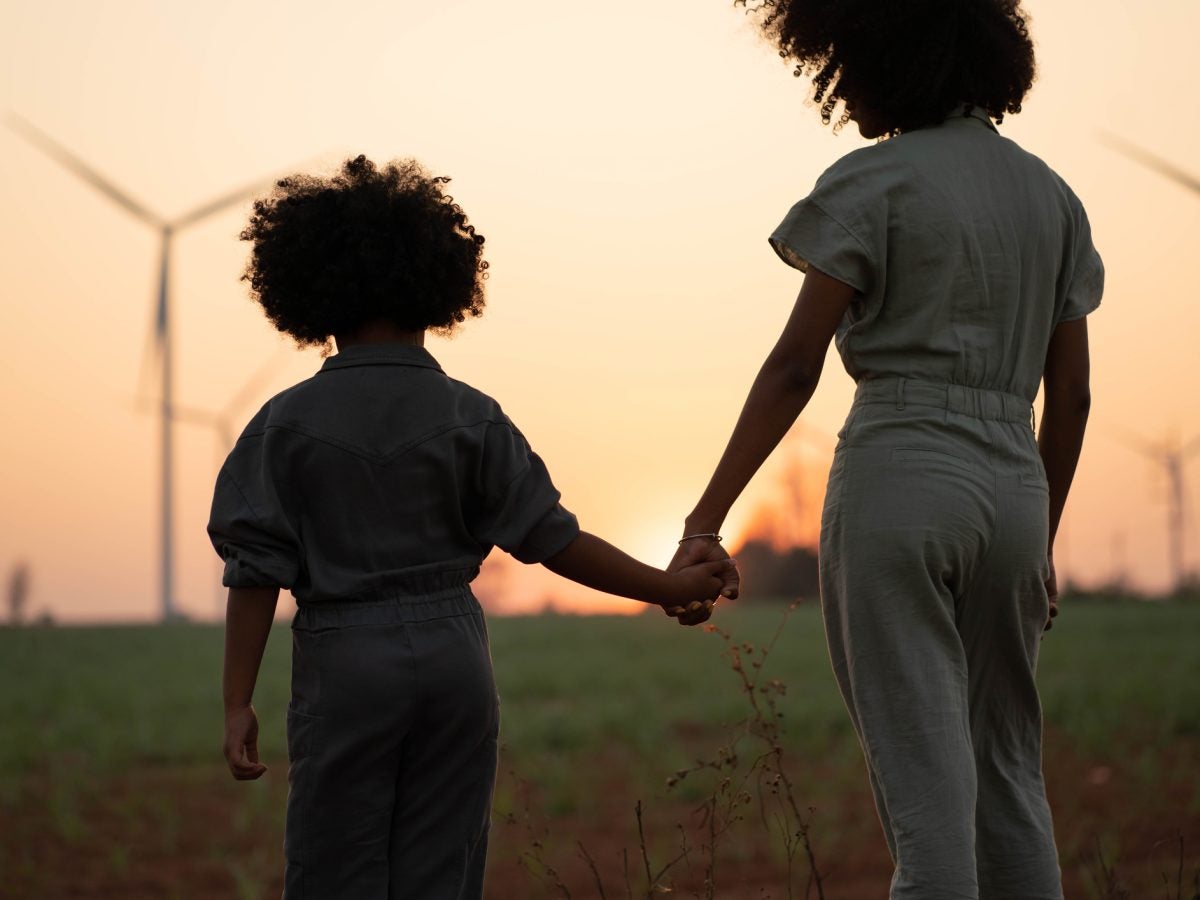
Climate change is predicted to deeply impact our financial viability, and it going to happen sooner than you think.
Findings from a new report commissioned by Consumer Reports and consulting firm ICF analyzed how much rising global temperatures could cost current and future generations based on data about carbon emissions: about $500k.
The repors suggests that climate change will carry a six-figure cost for any typical child born in 2024 over the course of their lifetime—and possibly as much as $1 million to simply keep up typical survival costs. This is if swift measures aren’t taken to counteract the affects of high carbon emissions and other environmental threats.
“It’s common to think of climate change as just an environmental problem, but it’s important to look at the impact it will have on people,” Chris Harto, a senior policy analyst and report collaborator, stated according to Consumer Reports. “What this study shows is that those impacts can be quite significant. The good news is that these costs are not baked in. We still have time to act and reduce the human costs of climate change.”
Black communities in particular stand to be the most financially impacted by climate as the pervasive racial wealth gap continues to pose challenge to financial solvency for the group.
As a 2021 Forbes report points out, low-income households use more than twice the proportion of their total income on food, energy and household needs as high-income households—and previous reports estimate that spending will continue to rise as climate change increases the prices of those necessities, further exacerbating the wealth gap.
Although the report thoroughly lays out the bleak possibilities if action isn’t taken, it also highlights that technological advances have the potential to create solutions for the future.
“This is an innovative way to approach the issue, and the authors are up front about the limitations of their analysis, because it is so new,” Tracey Holloway, a professor of atmospheric and oceanic sciences at the University of Wisconsin-Madison, told Consumer Reports. “The optimist in me knows there are a lot of moving parts, and it could end up being easier to be sustainable, easier to be resilient, than we thought, and maybe in some ways that will offset the costs that they project.”




